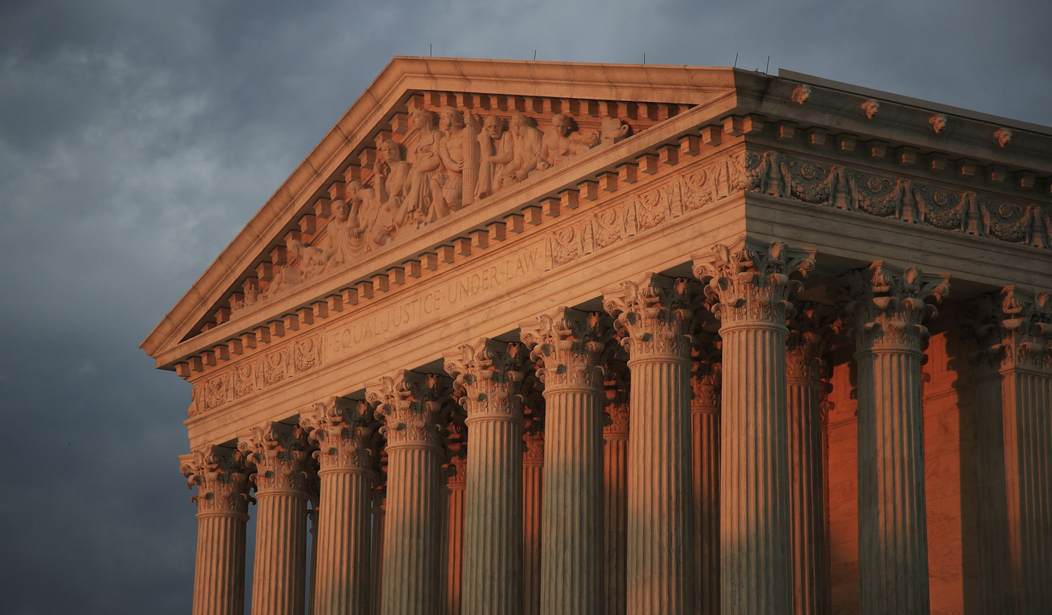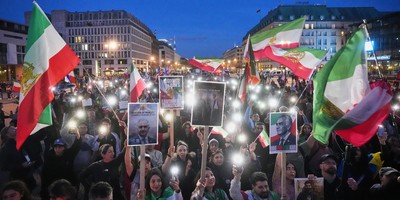The Supreme Court, in its new term, will hear a case that could remove a major barrier that stands between what our nation is today and what it can and should be.
The case is Espinoza v. Montana Department of Revenue.
It's about whether states can block use of public funds that parents use to pay for their children's education in a religious school.
We have already been down this road at the federal level. In 2002, the Supreme Court ruled in Zelman v. Simmons-Harris that there is no constitutional obstacle to parents accessing public funds available for education to pay for religious education for their children.
The logic was crystal clear. The Constitution prohibits government from mandating or establishing a particular religion. But if public funds for education are available for use by parents and parents choose to use these funds to send their children to a religious school, it's the parents, not the government, who make the decision.
This cleared things up at the federal level.
Now Espinoza can clear things up at the state level.
Thirty-seven states have as part of their state constitution language known as the Blaine Amendment.
Blaine Amendments prohibit the use of government funds for religious activity.
They have been a major obstacle to state programs that wish to provide vouchers or tax credits to finance scholarships that can provide parents funds for any education they want for their children -- including religious education.
Recommended
In the Espinoza case, the state of Montana enacted a tax credit program in 2015 that gave taxpayers credits for contributing to scholarship funds for parents to pay for education.
The Montana Department of Revenue blocked use of these funds for religious schools, claiming that it violated Montana's Blaine Amendment.
The case made its way to the Montana Supreme Court, which threw out the whole program, claiming that allowing any of the funds provided through tax credits to go to religious schools violated the state constitution.
Now the U.S. Supreme Court has agreed to hear the case.
A decision concluding that Blaine Amendment prohibitions blocking public funds for parental choice in education violates the U.S. Constitution's protection of religious liberty will have huge nationwide repercussions.
It will open the door to put freedom and responsibility for the education of children where it should be -- with parents.
The First Amendment of the Constitution is about protecting religious liberty. It is not about banning religion from American public life. Too often, in these confused times, it has been interpreted as the latter.
Disproportionately, it is low-income minority children who have been the victims of absence of religious liberty in education.
They are the ones most likely trapped in failing public schools with no way out.
But this is about more than providing competition to public schools. It is about freedom.
Parents should be able to decide what their children need and how they should be educated.
I cannot think of anything more un-American than telling a parent that it is illegal for their children to learn the Ten Commandments in school, or learn that marriage is a critically important sacrament between one man and one woman, or that life is sacred from the beginning of its journey in the womb.
And I cannot think of a more destructive institution than the teachers unions that are on the front lines fighting this most basic aspect of American freedom.
Not only do unions fight freedom of education; they also use the public school monopoly as a platform to promote anti-religious, anti-Christian values, peddling a moral relativism that is destroying our country.
All agree that education is critically important to every child's future. Let's hope that, finally, all American parents will be empowered with the most fundamental right to educate their children as they see fit.

























Join the conversation as a VIP Member